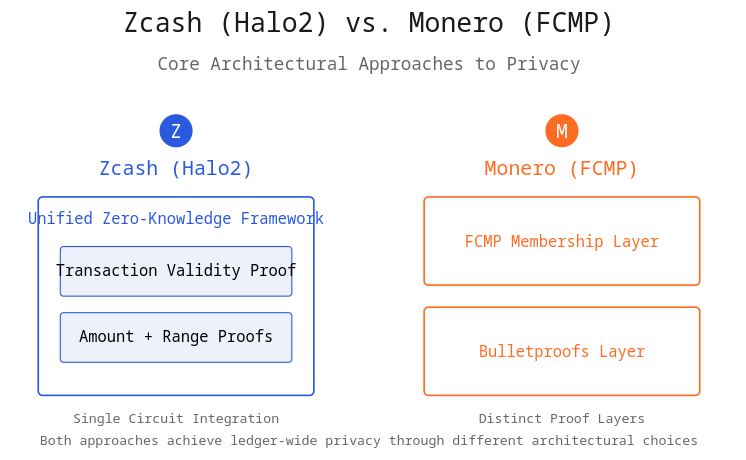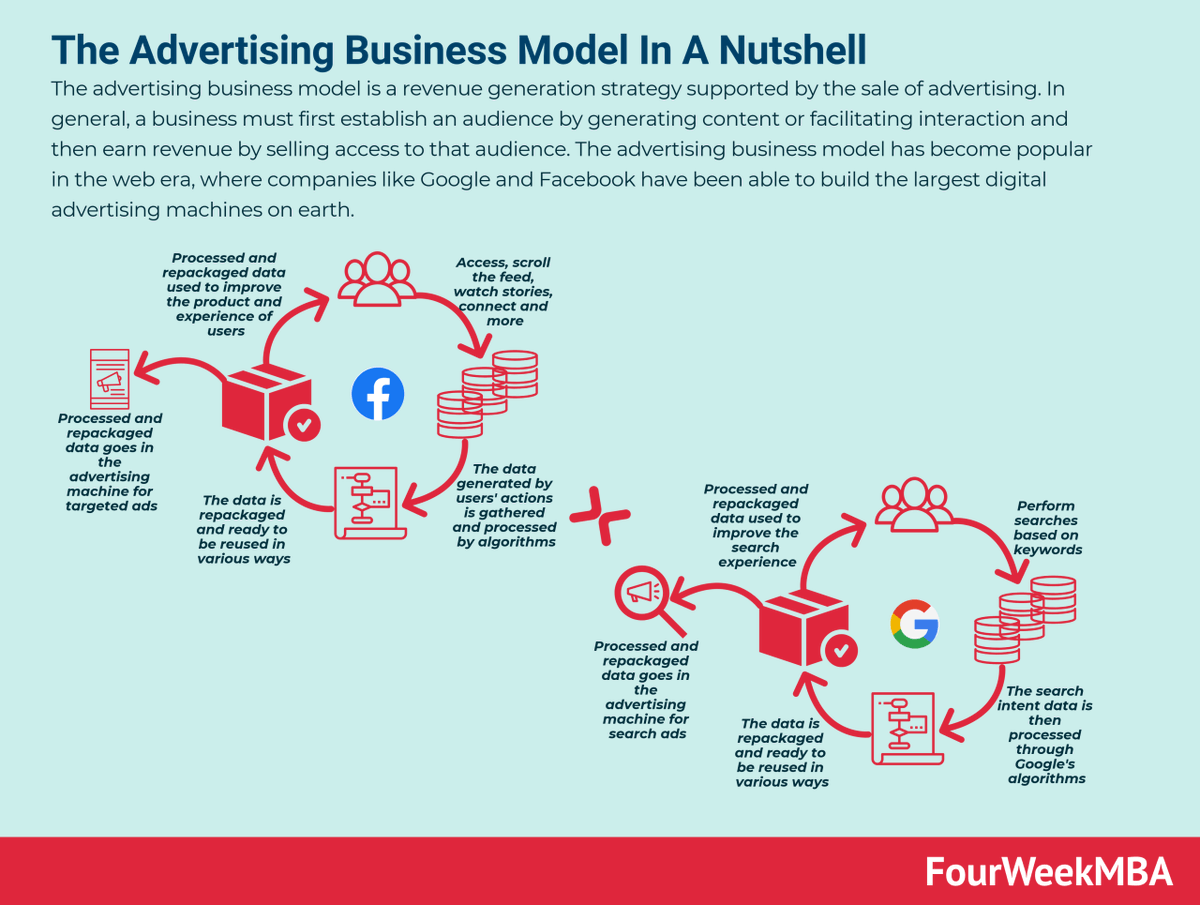Don't share too much Personally Identifiable Information(PII).
Hackers tend to make customized profiles for their victims so that they can perform social engineering attacks on them. It can also lead to identity theft. Think twice before sharing anything online.
Hackers tend to make customized profiles for their victims so that they can perform social engineering attacks on them. It can also lead to identity theft. Think twice before sharing anything online.
Use a strong password/passphrase for all your accounts. This should not contain any words from the dictionary and should not be linked to your personal information. It is highly recommended to use a good password manager like @Bitwarden. Going #passwordless is even better.
Best option: Use @Yubico
Why YubiKey?
- Hardware Authentication + Biometric/Pin => super secure
- Phishing Resistant
- Crush and IP68 Water Resistant
Using an authenticator app is much more secure than SMS for your OTPs.
Why YubiKey?
- Hardware Authentication + Biometric/Pin => super secure
- Phishing Resistant
- Crush and IP68 Water Resistant
Using an authenticator app is much more secure than SMS for your OTPs.
Twitter-specific security tips:
- Enable Two-Factor Authentication
- Disable Direct Message (depends on how you want to handle it, usually recommended for accounts having lot of followers)
- Enable Quality Filter
- Review Apps and Sessions regularly
- Disable Tweet Location
- Enable Two-Factor Authentication
- Disable Direct Message (depends on how you want to handle it, usually recommended for accounts having lot of followers)
- Enable Quality Filter
- Review Apps and Sessions regularly
- Disable Tweet Location
LinkedIn-specific security tips:
- Turn off third-party data sharing
- Enable Two-Step Verification
- Review Partners and Services regularly
- Do not reveal your personal or business email and phone numbers
- Turn off third-party data sharing
- Enable Two-Step Verification
- Review Partners and Services regularly
- Do not reveal your personal or business email and phone numbers
YouTube-specific security tips:
- Enable Restricted Mode
- Pause the data collection for YT i.e., search and video history
- Disable the quick purchases feature
- Filter comments for your YT videos
- Enable Restricted Mode
- Pause the data collection for YT i.e., search and video history
- Disable the quick purchases feature
- Filter comments for your YT videos
Its better to avoid all Meta products. Delete your accounts if you can. But if you are still using it, follow the must use security tips.
More info - deletefacebook.com
More info - deletefacebook.com
Facebook-specific security tips:
- Make your profile private
- Check 'Where you are Logged In' regularly
- Enable 'Unrecognised Login Alerts'
- Enable Two-Factor Authentication
- Add 3-5 trusted friends for account recovery
- Review Apps Permissions
- Make your profile private
- Check 'Where you are Logged In' regularly
- Enable 'Unrecognised Login Alerts'
- Enable Two-Factor Authentication
- Add 3-5 trusted friends for account recovery
- Review Apps Permissions
Instagram-specific security tips:
- Make your account private
- Enable Two-Factor Authentication
- Review & Revoke Third-Party Access
- Block Unknown Followers
- Make your account private
- Enable Two-Factor Authentication
- Review & Revoke Third-Party Access
- Block Unknown Followers
Beware of Fake Social Media Friends
- Never accept friend request / follow request from someone you don't know (usually happens in Facebook and Instagram)
- Never click on Links sent by someone you do not trust
- Keep location services turned off
- Never accept friend request / follow request from someone you don't know (usually happens in Facebook and Instagram)
- Never click on Links sent by someone you do not trust
- Keep location services turned off
Save yourself from Identity Theft
- Do not use Social Media or do any financial transaction while using Public WiFi, if you had to - use a VPN like @ProtonVPN, @mullvadnet, @ivpnnet
- Never use unencrypted sites (http, should be https)
- Do not share confidential information
- Do not use Social Media or do any financial transaction while using Public WiFi, if you had to - use a VPN like @ProtonVPN, @mullvadnet, @ivpnnet
- Never use unencrypted sites (http, should be https)
- Do not share confidential information
Bonus tips for Apple users:
- Use Apple Login wherever possible
[More secure]
- Hide your email id while signing in (generates random email id with iCloud)
- Use Do Not Track Feature
Settings -> Privacy -> Tracking -> Switch off Request to Track
- Use Apple Login wherever possible
[More secure]
- Hide your email id while signing in (generates random email id with iCloud)
- Use Do Not Track Feature
Settings -> Privacy -> Tracking -> Switch off Request to Track
There are Login with Google and Facebook too. But I do not trust them. Try to reduce your dependence on companies that have bad track record in protecting user #privacy.
This is called "OAuth Authentication"
More info on why its more secure 👇
squareball.co/blog/why-oauth…
This is called "OAuth Authentication"
More info on why its more secure 👇
squareball.co/blog/why-oauth…
Please follow me @iAnonymous3000 for more such content. This will motivate me to post more.
Likes and Shares are much appreciated. To share the thread, RT 1st one.
Stay safe!
Thanks :)
Likes and Shares are much appreciated. To share the thread, RT 1st one.
Stay safe!
Thanks :)
@threadreaderapp unroll
• • •
Missing some Tweet in this thread? You can try to
force a refresh







